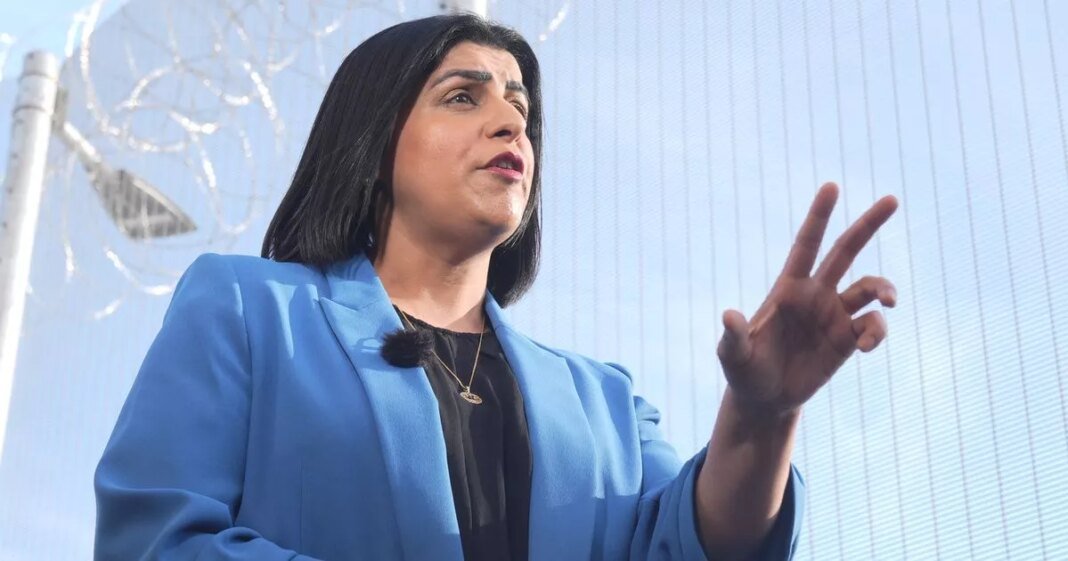Consequences must follow any criminal act, whether it is through imprisonment or community penalties. In the past, community sentences have often seemed lenient, akin to a mere warning. This perception needs to change.
It is imperative that individuals who break the law face repercussions, even if they are not incarcerated. To achieve this, the government plans to grant courts enhanced authority to impose stringent community sentences that restrict offenders’ freedoms beyond prison walls.
Similar to how incarcerated individuals forfeit certain privileges, those on community sentences must also make sacrifices. For instance, troublemakers causing disturbances in public spaces could face bans from attending events like football matches, or be restricted from holidaying abroad.
The focus is on holding criminals accountable for their actions and safeguarding the well-being of victims. Implementation of new restriction zones will confine high-risk offenders to specific areas, ensuring that victims can move freely without fear of encountering their perpetrators.
Furthermore, the Probation Service will extend bans to released prisoners, introduce more electronic tagging, and increase drug testing for ex-offenders to maintain tighter monitoring. Offenders breaching the terms of their release will be swiftly returned to court and possibly back to prison.
These initiatives are part of a comprehensive strategy to instigate positive change within our society, ensuring that perpetrators face the consequences of their actions, and emphasizing the justice system’s support for victims. The resounding message is clear: commit a crime, and you will face the repercussions.

